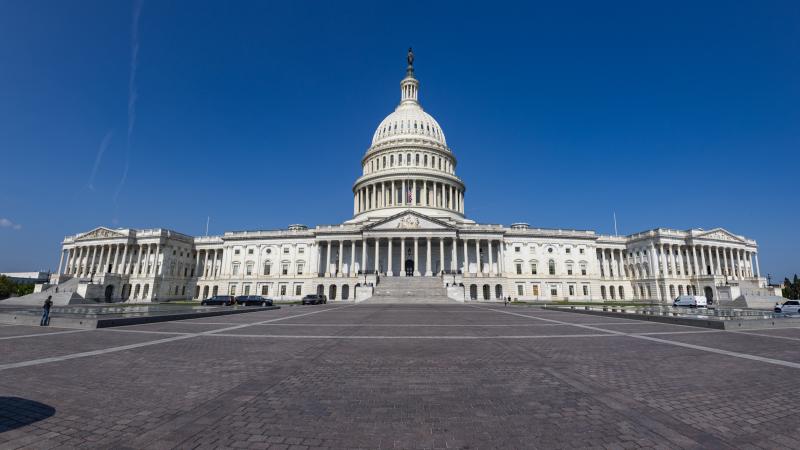Biden announces final rule requiring replacement of lead pipes
The EPA, the Centers for Disease Control and Prevention, and experts have stated previously there is no known safe level of lead in a child's blood and that nearly 10 million American households, 400,000 schools, and childcare facilities were at risk for exposure to lead in the water.
The Biden administration issued a final rule to replace lead pipes in 10 years and $25 million in funding to deliver clean drinking water across the country.
The Environmental Protection Agency announced the final rule requiring drinking water systems nationwide to identify and replace lead pipes within 10 years as part of the Investing in America agenda for clean drinking water.
The Lead and Copper Rule Improvements would create a higher level of testing and increase community communications to better inform communities about the risk of lead in drinking water and lead pipes and plans for replacement.
"We've known for decades that lead exposure has serious long-term impacts for children's health. And yet, millions of lead service lines are still delivering drinking water to homes," said EPA Administrator Michael Regan in a release.
According to a previous update, this problem led to the Lead Pipe and Paint Action Plan, which includes more than 15 new actions from over 10 federal agencies that ensure the federal government marshaled resources for rapid progress.
Regan continued, "President Biden is putting an end to this generational public health problem. With the Lead and Copper Rule Improvements and historic investments in lead pipe replacement, the Biden-Harris Administration is fulfilling its commitment that no community, regardless of race, geography, or wealth, should have to worry about lead-contaminated water in their homes."
The EPA, the Centers for Disease Control and Prevention, and experts have stated previously there is no known safe level of lead in a child's blood and that nearly 10 million American households, 400,000 schools, and childcare facilities were at risk for exposure to lead in the water.
According to the release, these communities received funding from various sources. Milwaukee Water Works received approximately $30 million for replacements, the Detroit Water and Sewerage Department received $90 million, Erie Water Works in Pennsylvania received $49 million, and Denver Water received $76 million.











